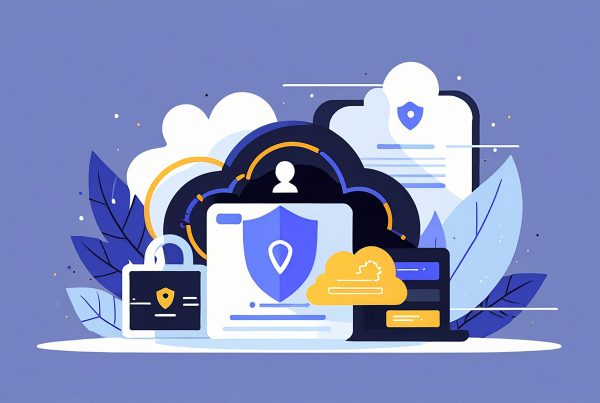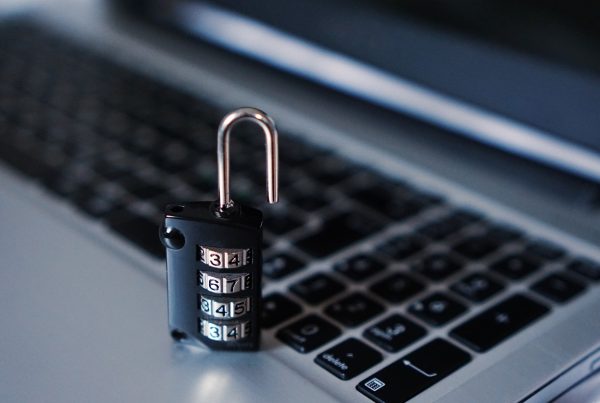Introduction
Managing a business in this digital era means having sensitive conversations about your business via digital channels like email, social media platforms, messaging apps, and more.
These sensitive conversations can include financial transactions, payments, customer details, stock levels, or any other information that a third party could use to cause significant damage to your business if they have access to it.
According to a report, poor password practices are the leading cause of business payment data breaches, with an astonishing 81% of company data breaches being due to weak passwords.
For example, in 2012, Dropbox experienced a significant breach that affected more than 68 million users.
This breach was caused by an employee re-using a password, one of the most common poor password practices.
Breaches like this are why digital and cyber security are crucial aspects of business operations. Unfortunately, not many businesses prioritise cybersecurity and consequently fall victim to password breaches.
As a payment company that cares about businesses, we at Fincra see it as our responsibility to empower users with knowledge of proper password practices.
The importance of strong passwords
Passwords are the first line of defence against unauthorised access to your accounts. A strong password can significantly reduce the risk of cyber-attacks, including hacking, identity theft, and data breaches. Here’s why strong passwords matter:
Prevent unauthorised access: Strong passwords make it difficult for attackers to guess or crack your accounts.
Protect sensitive information: They help safeguard your personal, financial, and sensitive data from being stolen.
Reduce the risk of identity theft: By securing your accounts, you lower the chances of someone impersonating you online.
Best practices
Length and complexity
A strong password should be at least 12 characters long and include a mix of upper and lower case letters, numbers, and special characters. For example, instead of “Password123”, use “G7$eY!b2@M4l.
Uniqueness
Avoid using common words, phrases, or easily guessable information like birthdays or names.
Use a password manager
Creating strong passwords is just the first step. Properly managing your passwords is equally important. A password manager can generate, store, and fill in passwords for you. This way, you only need to remember one master password.
Enable two-factor authentication (2FA)
Adding an extra layer of security, such as a text message code or an authentication app, can significantly enhance your account protection.
Regularly update passwords
Change your passwords periodically (Every 3 Months) especially if you suspect any account has been compromised.
Avoid re-using passwords
Using the same password across multiple accounts increases the risk. If one account is breached, others may follow.
Conclusion
Remember, a little effort in managing your passwords goes a long way in safeguarding your digital life.
Developing a strong password culture will help you avoid being a victim of data breach which could affect your revenue and relationship with your customers and partners.




